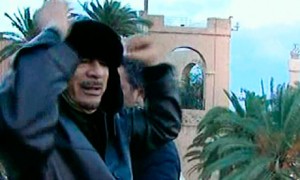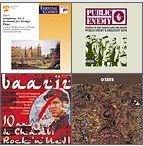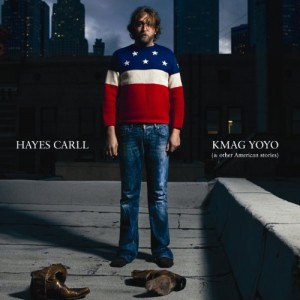Budget Cuts and the National Community
I learned a lot about our nation’s history and the natural world this way, it seems like as much as I did in school. I don’t remember being taught about Booker T. Washington before college. That’s not to say I wasn’t, but I don’t remember it like I do the visit to his birthplace. We must have learned about Thomas Jefferson, but I don’t remember that, either and my virtual obsession with him sprang out of a family visit to Monticello. While visiting the Smoky Mountains I was first exposed the the tragedy of the Native Americans and the horrors of incidents like the Trail of Tears. Most of these parks had not entry fee, paid for entirely with tax dollars. That meant that we could and would, explore something on on a whim. If it was a rainy day and we had planned to do something outside, we could tour a historic mansion, instead. In addition to the National Parks and Historic Places, there was a whole other network of state parks and sites operated by non-profits that were also free.
More recently an increasing percentage of these sites have imposed an entry fee. People want low taxes, budgets are small, and government at all levels from local to national is practicing austerity. Fee for service became a model for a lot of what government does in the 1980s, and it has been that way since. It makes sense on a certain level. Why should those of who never have any intention of visiting one of these sites pay for their upkeep and for providing services there? In fact, these properties are part of our national heritage. We, as a people, have decided that these places are an important part of our history and they need to be preserved. They are monuments that need to be visible to our fellow citizens and the world to remind us of our common heritage and who we are as a people. The White House has offered to cut $105 million from the budget of the National Park Service, and the Republican’s want more.
Continue reading







